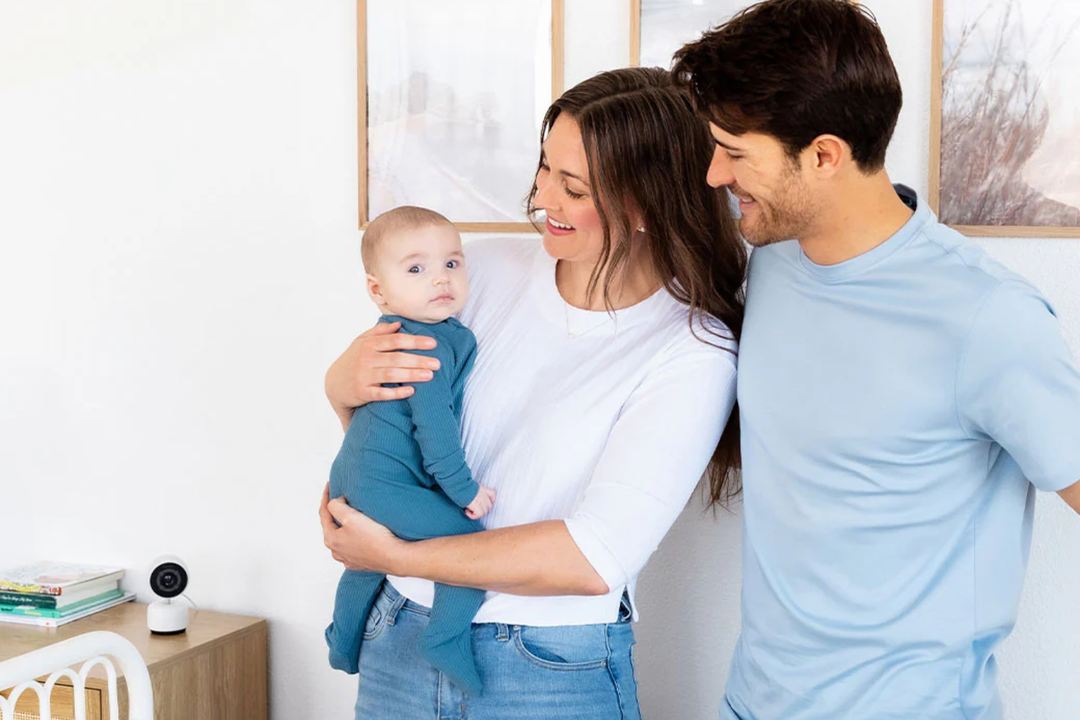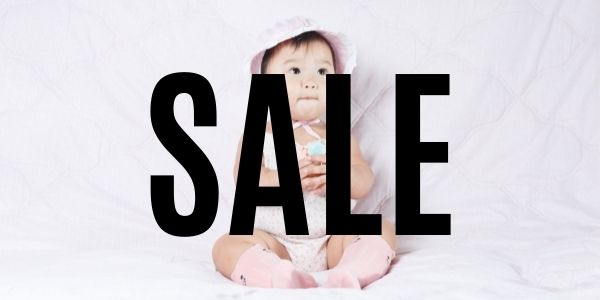Did you know that you have an amazing tool for breastfeeding at your disposal that you don’t even have to register for? It’s your hands!
If you’re thinking, “Huh? Like milking myself?” the answer is yes, exactly! While it takes a bit of practice and can feel strange at first while you’re getting used to it, the benefits of hand expression are many, and everyone should learn how to do it!
Antenatal Hand Expression
Hand expression can be done prenatally starting around 37 weeks (check in with your provider, as nipple stimulation is a technique sometimes used to help induce labor… though your fingers shouldn't be close to your nipple while you’re doing it- more on that later!).

The number one benefit to practicing hand expression before baby comes is that you can become more confident in your technique! It’s always easier to learn things in a relaxed environment, and if you wait to learn until after baby is born, you might feel a little overwhelmed. Some people are able to collect large amounts of colostrum (the first breastmilk that you’ve been making since the second trimester!) prenatally, and others are not. But don’t worry, the volume you collect is not an indication of what your milk supply will be when baby arrives. Even if you aren’t able to collect much milk, you will at least have practiced the technique, which will be beneficial when baby is born!
If you are able to collect some milk, you can freeze it in syringes or in these colostrum collectors from Haakaa and you can feed it to baby later on.
Hand Expression After Delivery
Now that you’ve had a chance to practice hand expression while pregnant, you’re ready for the main event!
Hand expression in the early hours (particularly the first hour!) and days after delivery is linked to a better milk supply and increased confidence in breastfeeding overall.

Feeding babies extra breastmilk in addition to latching can be beneficial for babies who are very sleepy, babies who need supplementation because they are not latching well, or babies who are having trouble with their blood sugar. You can offer them the milk you collected while pregnant or the milk that you express after delivery on a spoon, out of a medicine cup, or from a syringe (ask your nurse or lactation consultant for help!)
A question I often get is, “do I need to hand express even if baby is latching and everything is going well?” Even if none of the issues I mentioned above are present, think of hand expression like an insurance policy for your milk supply. The amount of milk you make is based on the amount you demand- the more milk you remove, the more your body will make. So hand expression before, after, or between feedings gives your body some extra stimulation for increased milk production.
How to Do It
- A big key to hand expression is to not pinch your nipple and to not be aggressive or rough with your breasts.
- Start out with some gentle massage. Tap your fingers along your breasts, massage from your armpits down towards your nipple using small circular motions, and lift your breasts up and move them around in all directions. You don’t need to spend a ton of time on this preparation- just a minute or two! It also helps to take a warm shower or apply a warm compress before you start.
- Place your fingers behind your areola.
- Gently push straight back towards your chest wall.
- Gently compress, slightly rolling your fingers towards your areola.
- Relax and repeat, rotating your fingers to different areas of your breast (picture your areola like a clock- put your fingers at the 9:00 and 3:00 position, 12:00 and 6:00, and all around).
Hand expression is a learned skill- the more you practice, the better you will get! There is a great video at firstdroplets.com if you want to learn more.
If you try hand expression, I would love to hear how it goes! Come say hi on my Instagram page or join my email list at goodbabylactation.com. Good luck!
Looking for weekly pregnancy updates & advice from industry experts?

ABOUT THE AUTHOR
Jessica is a NICU Nurse, Lactation Consultant, and mother of three. She loves educating and supporting families so that they can feel more confident about taking care of their babies!

















